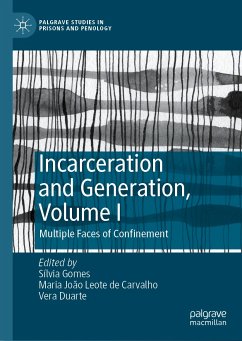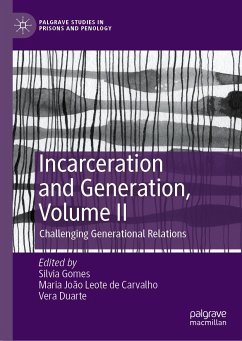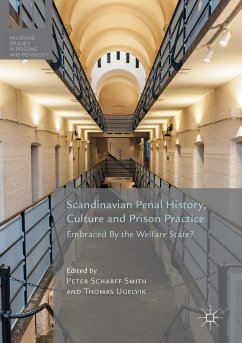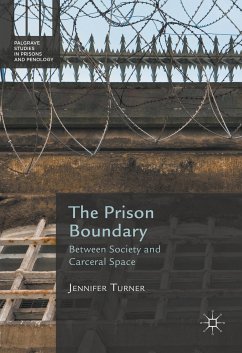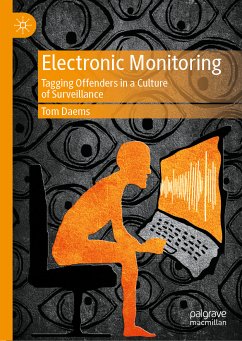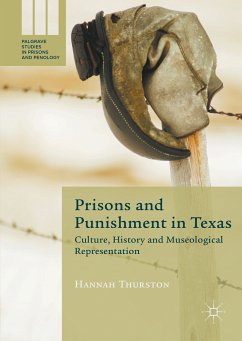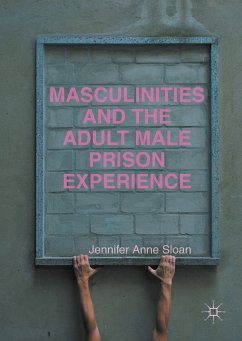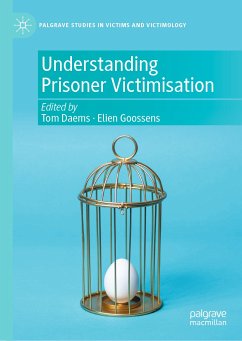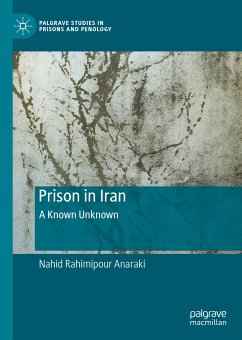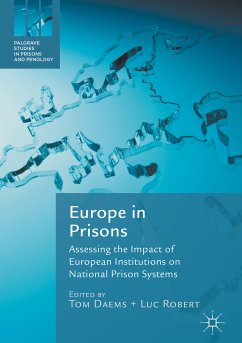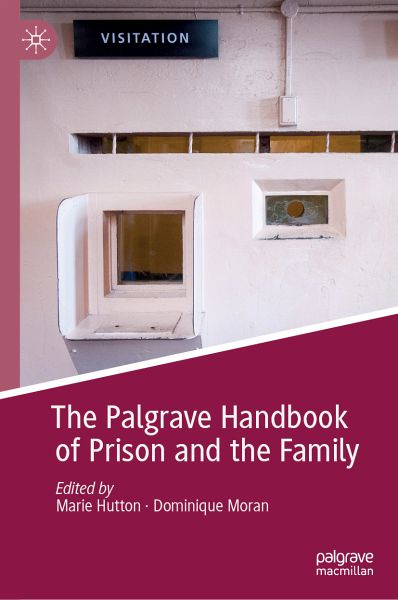
The Palgrave Handbook of Prison and the Family (eBook, PDF)
Versandkostenfrei!
Sofort per Download lieferbar
160,95 €
inkl. MwSt.
Weitere Ausgaben:

PAYBACK Punkte
80 °P sammeln!
This handbook brings together the international research focussing on prisoners' families and the impact of imprisonment on them. Under-researched and under-theorised in the realm of scholarship on imprisonment, this handbook encompasses a broad range of original, interdisciplinary and cross-national research. This volume includes the experiences of those from countries often unrepresented in the prisoner's families' literature such as Russia, Australia, Israel and Canada. This broad coverage allows readers to consider how prisoners' families are affected by imprisonment in countries embracing...
This handbook brings together the international research focussing on prisoners' families and the impact of imprisonment on them. Under-researched and under-theorised in the realm of scholarship on imprisonment, this handbook encompasses a broad range of original, interdisciplinary and cross-national research. This volume includes the experiences of those from countries often unrepresented in the prisoner's families' literature such as Russia, Australia, Israel and Canada. This broad coverage allows readers to consider how prisoners' families are affected by imprisonment in countries embracing very different penal philosophies; ranging from the hyper-incarceration being experienced in the USA to the less punitive, more welfare-orientated practices under Scandinavian 'exceptionalism'.
Chapters are contributed by scholars from numerous and diverse disciplines ranging from law, nursing, criminology, psychology, human geography, and education studies. Furthermore, contributions span various methodological and epistemological approaches with important contributions from NGOs working in this area at a national and supranational level. The Palgrave Handbook of Prison and the Family makes a significant contribution to knowledge about who prisoners' families are and what this status means in practice. It also recognises the autonomy and value of prisoners' families as a research subject in their own right.
Chapters are contributed by scholars from numerous and diverse disciplines ranging from law, nursing, criminology, psychology, human geography, and education studies. Furthermore, contributions span various methodological and epistemological approaches with important contributions from NGOs working in this area at a national and supranational level. The Palgrave Handbook of Prison and the Family makes a significant contribution to knowledge about who prisoners' families are and what this status means in practice. It also recognises the autonomy and value of prisoners' families as a research subject in their own right.
Dieser Download kann aus rechtlichen Gründen nur mit Rechnungsadresse in A, B, BG, CY, CZ, D, DK, EW, E, FIN, F, GR, HR, H, IRL, I, LT, L, LR, M, NL, PL, P, R, S, SLO, SK ausgeliefert werden.



